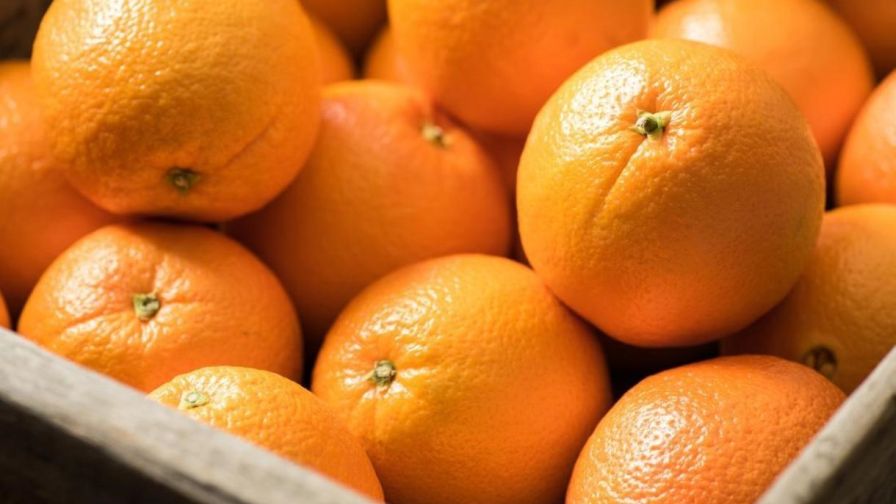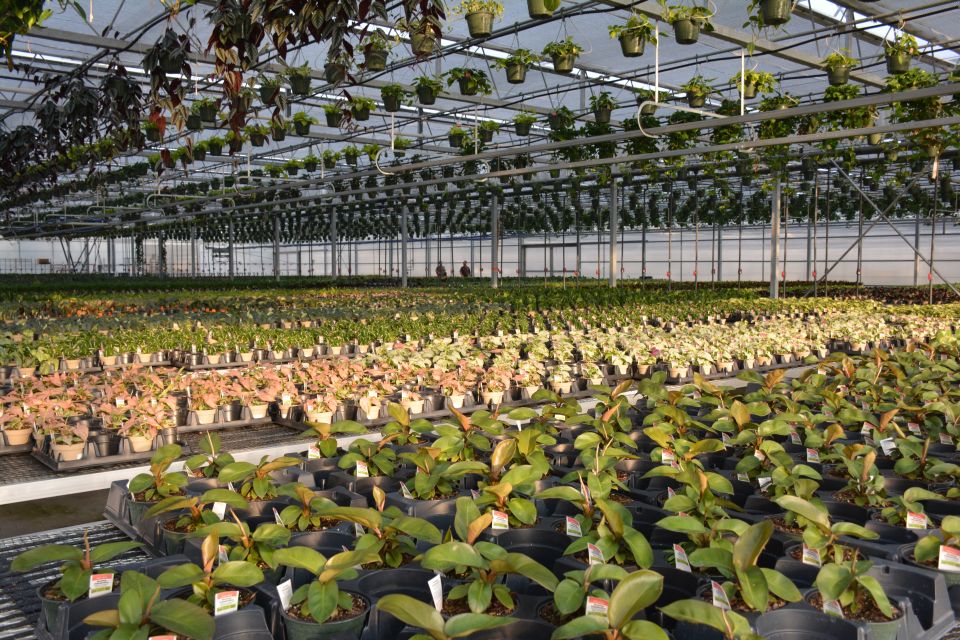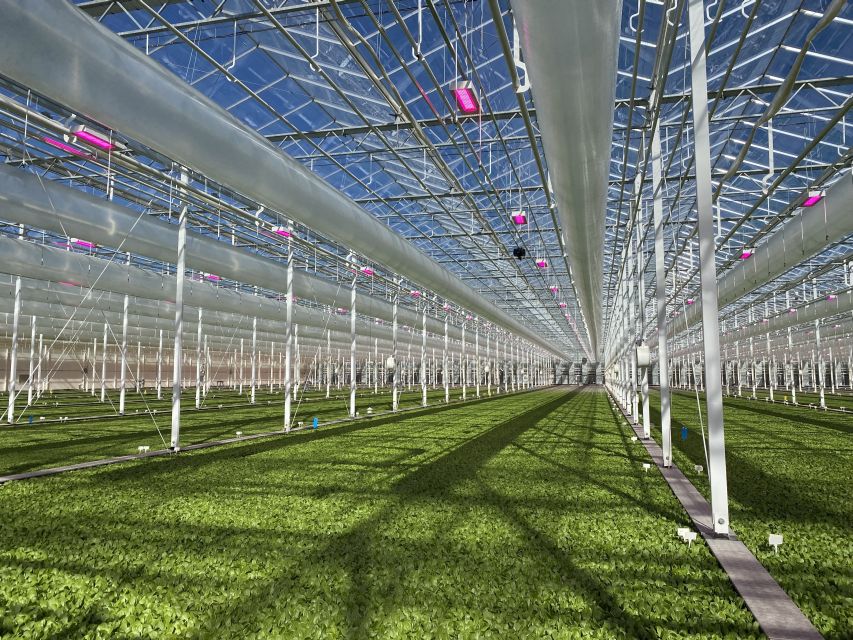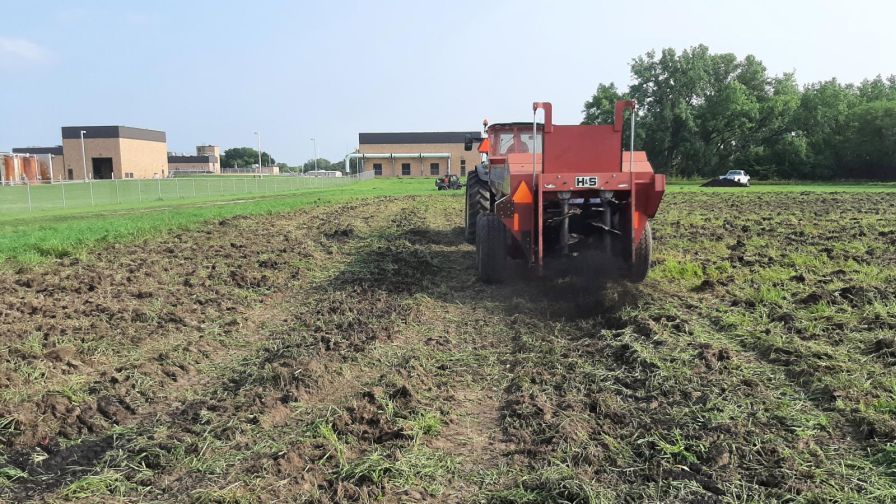How Orange Oil Is Playing a Bigger Role in Crop Protection
 Dümmen Orange is seeing an increase in the use of orange oil, a natural and non-toxic crop protection product. At two of its production locations in Central America and Africa, the company was able to reduce the use of chemical crop protection products by more than 60%. This makes an important contribution to one of the main environmental objectives of the company.
Dümmen Orange is seeing an increase in the use of orange oil, a natural and non-toxic crop protection product. At two of its production locations in Central America and Africa, the company was able to reduce the use of chemical crop protection products by more than 60%. This makes an important contribution to one of the main environmental objectives of the company.
“Dümmen Orange takes a leading role in advancing sustainability and promoting sustainable business practices across the value chain,” says Manuela van Leeuwen, Phytosanitary Manager at Dümmen Orange. “We are always looking for new and innovative ways to improve our crop yields, protect our plants against diseases and pests, and reduce our use of chemical crop protection products. By using orange oil, a natural and non-toxic pesticide, we are at the forefront of sustainable floriculture, demonstrating our commitment not only to the health of our crops, but also to the health of our planet.”
“Orange oil was already used in agriculture in the U.S., but it was a new concept for us. We learned about it from colleagues who recommended it to prevent mildew and pests such as mealybugs on our Kalanchoe crops,” says William Jimenez, Head Grower at Dümmen Orange’s propagation site in Aldea El Jocotillo, Villa Canales, Guatemala. “Our team was intrigued by the possibility of using a natural solution like this to protect our crops, so we went ahead and ran trials in 2022. The results were promising and we soon realized that orange oil could be a game changer.”
Orange oil is extracted from the peel of oranges through a natural cold pressing method. It is a contact biopesticide that acts on specific pests and diseases. The production process guarantees that it is a completely natural product. Orange oil is an organic and sustainable alternative because it contains fewer active ingredients than chemical products.
“It is also effective in combination with other sustainable crop protection practices, such as integrated pest management, where beneficial, biological organisms, and insects are used to control pests,” van Leeuwen says. “We observe that the oil is less harmful to these beneficial organisms than some chemical products. This makes it easier to combine different biological crop protection strategies.”
Dümmen Orange’s approach to sustainability is centered around embedding sustainable practices into every aspect of its operations. The company has identified three key sustainability areas: Environment, Social, and Technological Development. For each focus area, Dümmen Orange has set goals that are being specifically measured, evaluated, and improved. By continuously monitoring progress, the company stays action-oriented and accountable.
As an innovative breeder, Dümmen Orange prioritizes developing and commercializing disease-resistant genetics under its Intrinsa label, enabling customers to cultivate more resilient flowers and plants. By reducing the need for agrochemicals, Dümmen Orange empowers growers, retailers, and consumers to adopt sustainable practices and promote a healthier ecosystem.









